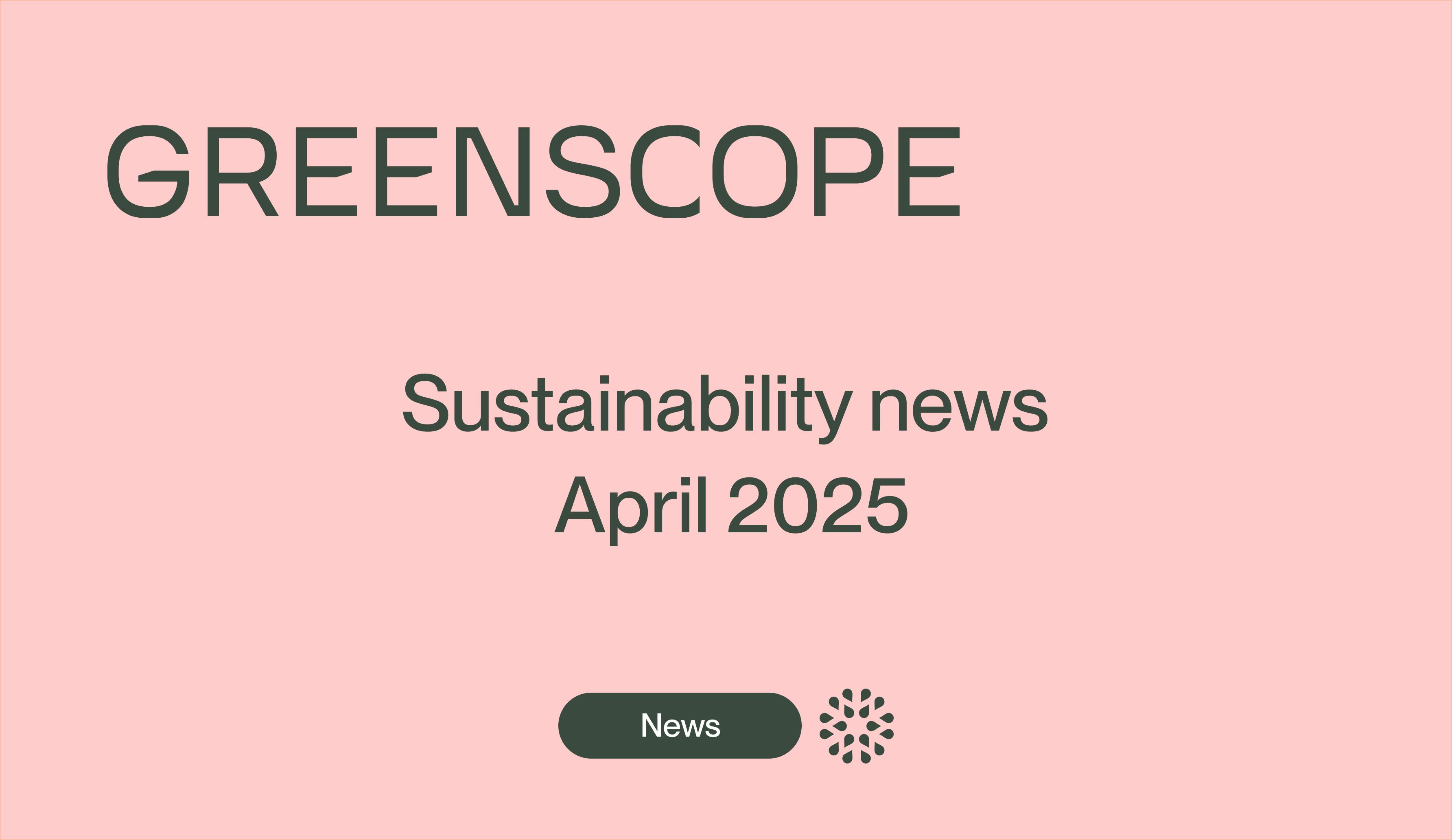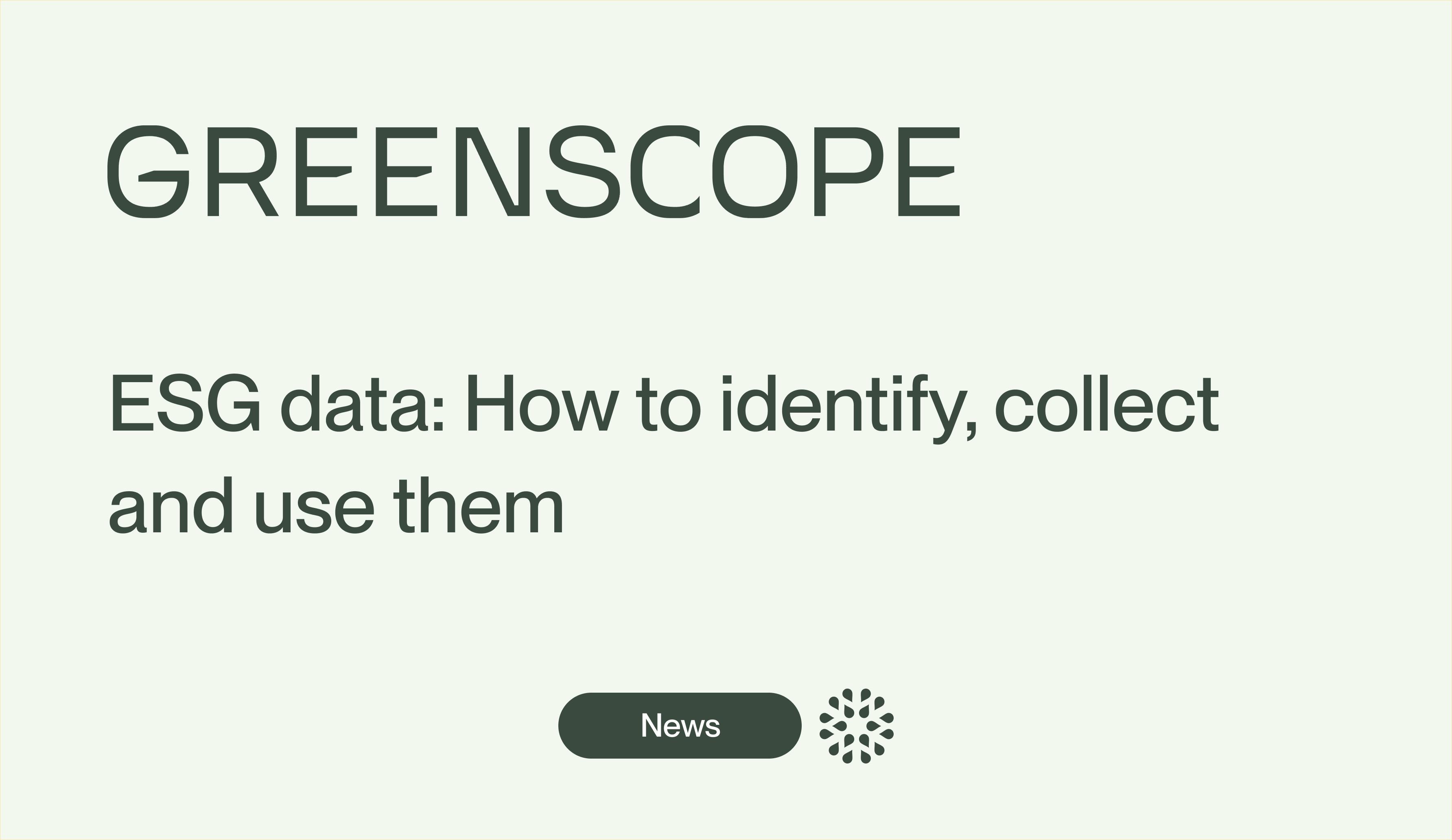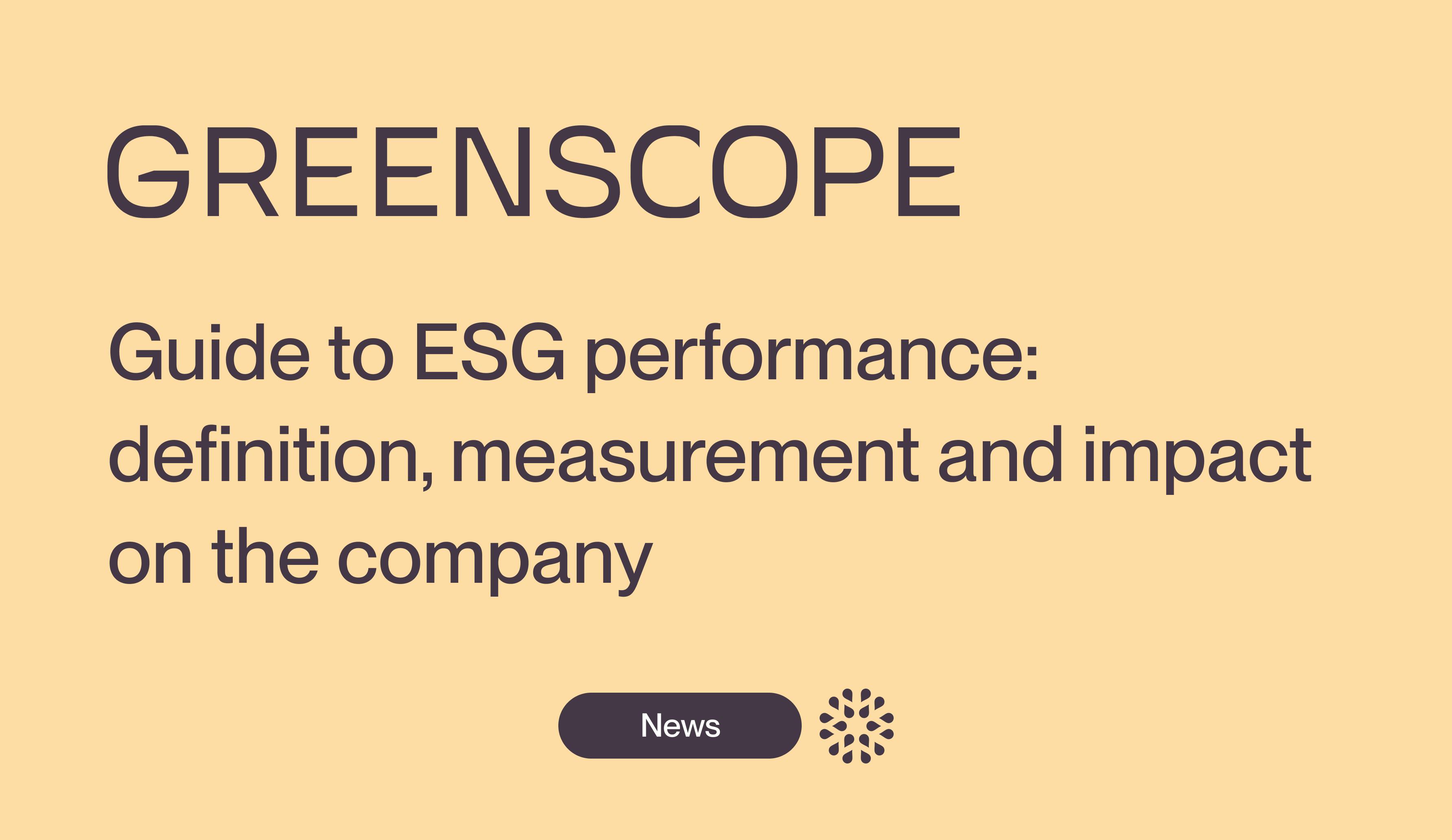CSRD & SMEs: Leveraging voluntary sustainability Reporting for transformation & competitive edge
Discover how voluntary CSRD standards can benefit SMEs, offering a strategic advantage by enhancing sustainability practices and boosting transparency in the marketplace

Small and medium-sized enterprises (SMEs) play a crucial role in the European Union's sustainable transition. Although they are not legally required to comply with the Corporate Sustainability Reporting Directive (CSRD), they can choose to adopt this framework voluntarily. This initiative, encouraged by the European Financial Reporting Advisory Group (EFRAG) through the publication of specific indicators for SMEs, offers a unique opportunity for medium-sized businesses to actively engage in sustainability and benefit from the advantages of increased transparency.
The central role of SMEs in the ecological transition
SMEs represent a significant part of the EU's economic landscape, with approximately 23 million businesses employing nearly 100 million people and generating more than half of the EU's GDP. However, they also contribute substantially to CO2 emissions, accounting for 63% of companies' overall emissions, according to Eurobarometer. These companies, often more agile than large corporations, have enormous potential to adopt sustainable practices and become engines of green innovation. As key players in the environmental transition, SMEs can set new sustainability standards while inspiring other businesses to follow their lead.
CSRD: An opportunity for SMEs
The CSRD aims to enhance corporate transparency in sustainability matters by requiring companies to report on their environmental, social, and governance (ESG) impacts. While large companies are subject to this directive, SMEs can voluntarily adopt the same frameworks, notably the European Sustainability Reporting Standards (ESRS). By integrating CSRD principles, SMEs can enhance their competitiveness and strengthen their credibility with investors and financial partners.
Voluntary adoption of the CSRD by SMEs involves three levels of commitment:
- Basic Module: A simplified reporting version consisting of 11 measures covering the three ESG dimensions.
- Narrative-PAT Module: This level requires an analysis of double materiality, examining both the impact of the company's activities on the environment and the impact of climate change on its financial activities. Companies must also define their sustainability policies, actions, and targets.
- "Business Partners" Module: This module goes further by including information about relationships with suppliers, investors, and lenders in relation to ESG issues.
The benefits of voluntary CSRD adoption
Engaging in the CSRD process allows SMEs to better structure their operational practices and align them with global sustainability goals. This transparency can strengthen their market position, especially with large companies they collaborate with, which are themselves subject to the CSRD.
Rather than being seen as a burden, adopting the CSRD represents a real opportunity for SMEs. By anticipating these reporting practices, they can not only attract new investments but also improve their climate-related risk management, positioning themselves as leaders in the ecological transition.
SMEs have until July 31, 2024, to provide feedback on the ESRS indicators proposed by the EFRAG. Afterward, they will be able to progressively integrate these standards into their practices.
For more insights and to see how BPI and CAMIF have successfully applied transformative sustainability practices, watch the replay of our webinar where they share concrete strategies and methodologies to help SMEs kickstart their sustainable journey.

Our latest articles

Responsible Digital: the next step after your Carbon Footprint assessment
Understand the importance of implementing a responsible digital approach after completing your carbon footprint assessment

CSR News - April 2025
Discover the key developments: ongoing projects, standards updates, new official documents.

ESG Data: How to identify, collect, and use them
Learn how to structure your ESG data to better drive your commitments and enhance your sustainable performance

Guide on ESG performance: definition, measurement, and impact on business
ESG performance, a driving force for responsible growth: follow our guide to understand everything in just a few minutes



